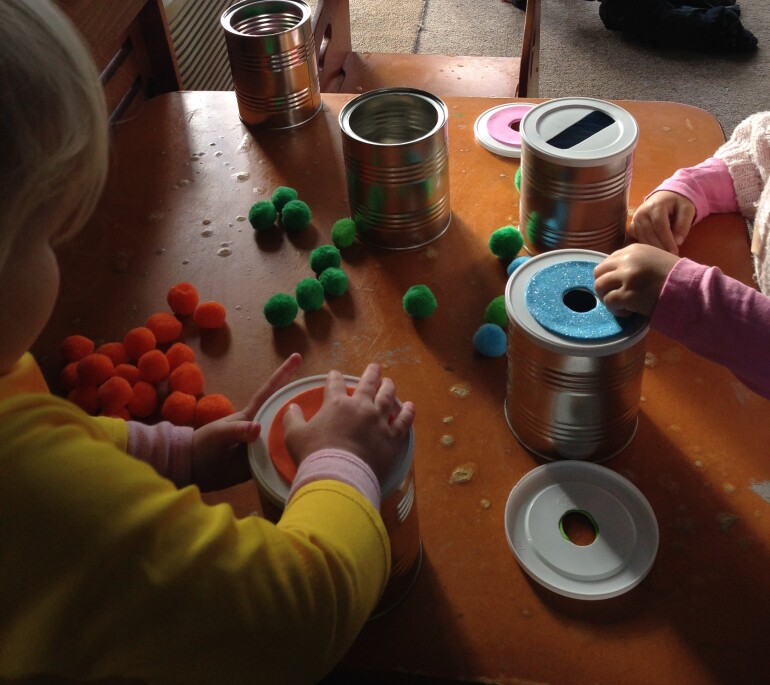News And Events

Learning About Maths Paangarau
13 March 2024Children’s early experiences of mathematics form the foundation for their future mathematics learning and success. Mathematics enables children to think logically, strategically, creatively and critically. Mathematical knowledge and skills provide building blocks for success in many areas of life and work.
The Ministry of Education notes six strands of early mathematics:
- Pattern - the process of exploring, making and using patterns.
- Measuring - answering the question “How big is it?”
- Sorting - separating objects into groups with similar characteristics.
- Locating - exploring space or finding or ‘locating’ something, such as a place (location), or an item in space.
- Counting and grouping - the process for working out the answer to a question about “How many?” Grouping involves putting things together.
- Shape - naming shapes and identifying the unique specific properties or features of shapes.
Children are surprisingly motivated and able to engage in mathematical thinking and problem-solving before they even begin formal schooling. They explore maths on their own through free play and during informal social interactions with their Educators/Nannies and other children. For example, during times such as dividing playdough for everyone, children are learning about measuring, portioning, counting and colour. When children are experimenting with wooden blocks, they are learning about size, shape, weight, balance, counting, hand-eye coordination and solving problems.
Through play and fun activities, there are opportunities every day for children to learn about maths:
- Counting; e.g. lampposts in the street or red cars that pass
- Singing number songs and rhymes; e.g. in the car, in the home, at music group
- Identifying numbers; e.g. on letterboxes, number plates or road signs
- Sorting objects; e.g. colours, metal, wood or plastic
- Measuring; e.g. length of footsteps, the weight of pumpkins or height of children
- Comparing sizes; e.g. stones, shells, houses or animals
- Identifying shapes; e.g. round road signs or square windows.
Adults can support children by:
- Drawing attention to shapes, patterns and numbers in their everyday environment
- Pointing out the maths in everyday situations
- Having a positive attitude to maths
- Taking opportunities to introduce mathematical language
- Choosing songs about numbers, counting or words
- Encouraging them to use mathematical ideas in different places.
Make learning about mathematics fun!
Information from Ministry of Education


